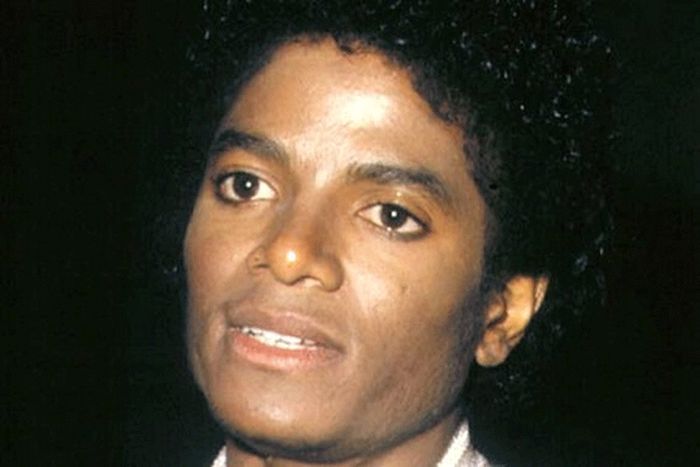|
|
Life Of Michael Joseph Jackson
|
On January 27, 1984, Michael and other members of the Jacksons filmed a Pepsi Cola commercial, overseen by executive Phil Dusenberry, from ad agency BBDO and Pepsi's Worldwide Creative Director, Alan Pottasch at the Shrine Auditorium in Los Angeles. In front of a full house of fans during a simulated concert, pyrotechnics accidentally set Jackson's hair on fire. He suffered second-degree burns to his scalp. Jackson underwent treatment to hide the scars on his scalp, and he also had his third rhinoplasty shortly thereafter. Jackson never recovered from this injury. Pepsi settled out of court, and Jackson donated his $1.5 million settlement to the Brotman Medical Center in Culver City, California, which now has a "Michael Jackson Burn Center" in honor of his donation. Dusenberry later recounted the episode in his memoir, Then We Set His Hair on Fire: Insights and Accidents from a Hall of Fame Career in Advertising.
On May 14, 1984, Jackson was invited to the White House to receive an award from President Ronald Reagan for his support of charities that helped people overcome alcohol and drug abuse. Jackson won eight awards during the Grammys that year. Unlike later albums, Thriller did not have an official tour to promote it, but the 1984 Victory Tour, headlined by The Jacksons, showcased much of Jackson's new solo material to more than two million Americans. He donated all the funds (around $8 million) raised from the Victory Tour to charity. He also co-wrote the charity single "We Are the World" in 1985 with Lionel Richie, which was released worldwide to aid the poor in the U.S. and Africa. It became one of the best-selling singles of all time, with nearly 30 million copies sold and millions of dollars donated to famine relief. In 1986, "We Are the World" won four Grammys (one for Jackson for Song of the Year). American Music Award directors removed the charity song from the competition because they felt it would be inappropriate, but recognized it with two special honors: one for the creation of the song and one for the USA for Africa idea. Michael won the award for the creation of the song.
In 1984, ATV Music Publishing, which had the copyrights to nearly 4000 songs, including the Northern Songs catalog that contained the majority of the Lennon–McCartney compositions recorded by The Beatles, was put up for sale by Robert Holmes à Court. Jackson had become interested in owning music catalogs after working with Paul McCartney in the early 1980s: Jackson had learned McCartney made approximately $40 million a year from other people's songs. In 1981, McCartney was offered the ATV music catalog for £20 million ($40 million). According to McCartney, he contacted Yoko Ono about making a joint purchase by splitting the cost equally at £10 million each, but Ono thought they could buy it for £5 million each. When they were unable to make the joint purchase, McCartney let the offer fall through, not wanting to be the sole owner of the Beatles' songs.
According to a negotiator for Holmes à Court in the 1984 sale, "We had given Paul McCartney first right of refusal but Paul didn't want it at that time." Also, an attorney for McCartney assured Jackson's attorney, John Branca, that McCartney was not interested in bidding: McCartney reportedly said "It's too pricey". But there were several other companies and investors bidding. In September 1984, Jackson was first informed about the sale by Branca and sent a bid of $46 million on November 20, 1984. Jackson's agents thought they had a deal several times, but encountered new bidders or new areas of debate. In May 1985, Jackson's team walked away from talks after having spent over $1 million on four months of due diligence and on the negotiations.
|
|









